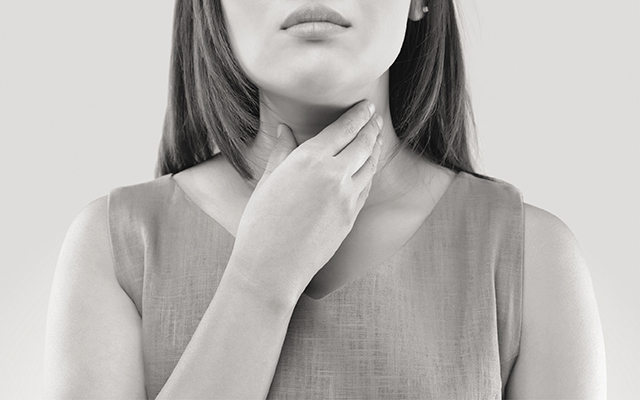Possible Causes: Menopause, thyroid issues, hypoglycemia, sluggish detoxification, certain medications, infection
As many as 41 percent of all primary-care patients report night sweats, and waking up drenched at 3 a.m. is more than just annoying: It can interfere with sleep quantity and quality.
Sweating does suggest your heart and circulatory system are in good shape, notes cardiologist Stephen Sinatra, MD; ossifying blood vessels have a harder time contracting and expanding.
But night sweats can still be a sign that something is off. It may be your blood sugar, because too many carbohydrates close to bedtime can cause the body to overheat. Spicy food and garlic can do the same.
For middle-age women whose periods have become irregular, the hormonal fluctuations of menopause are likely to blame. Likewise if a woman has just given birth: The body’s hormones fluctuate wildly in the first few weeks postpartum.
Other possible causes include thyroid dysregulation (the thyroid plays a key role in thermoregulation), as well as certain medications. Antidepressants, drugs to regulate blood sugar, and certain hormone therapies have all been linked to night sweats.
From a Chinese-medicine perspective, running hot at night is an imbalance of yin (cooling energy) and yang (warming energy). “Too much yang can be the result of many things: an infection, a chemical or heavy-metal toxicity, or some other kind of stagnation,” says Katherine Flesher, LAc, of Three Treasures Acupuncture in Minneapolis, who also treats her acupuncture clients for nutritional issues.
What You Can Do: Daily exercise regulates blood sugar and supports detoxification. Sinatra also recommends switching to a modified Mediterranean diet high in healthy fats and phytonutrient-rich vegetables, and avoiding refined carbohydrates. This will help control blood sugar and potentially ease night sweats.
“Definitely restrict foods that will put more heat into the body — things like alcohol, fried foods, and certain meats,” adds Flesher. Prioritizing cruciferous vegetables and other high-fiber, high-phytonutrient foods will support your detox system. You can also balance excess yang with acupuncture, she notes.
If you’re concerned about your thyroid, consult a healthcare practitioner, especially if you experience dry skin, hair loss, cold hands and feet, and weight-loss resistance.
This originally appeared in “What Your Body Is Trying to Tell You, Part 3” in the July/August 2019 print issue of Experience Life.




This Post Has 0 Comments